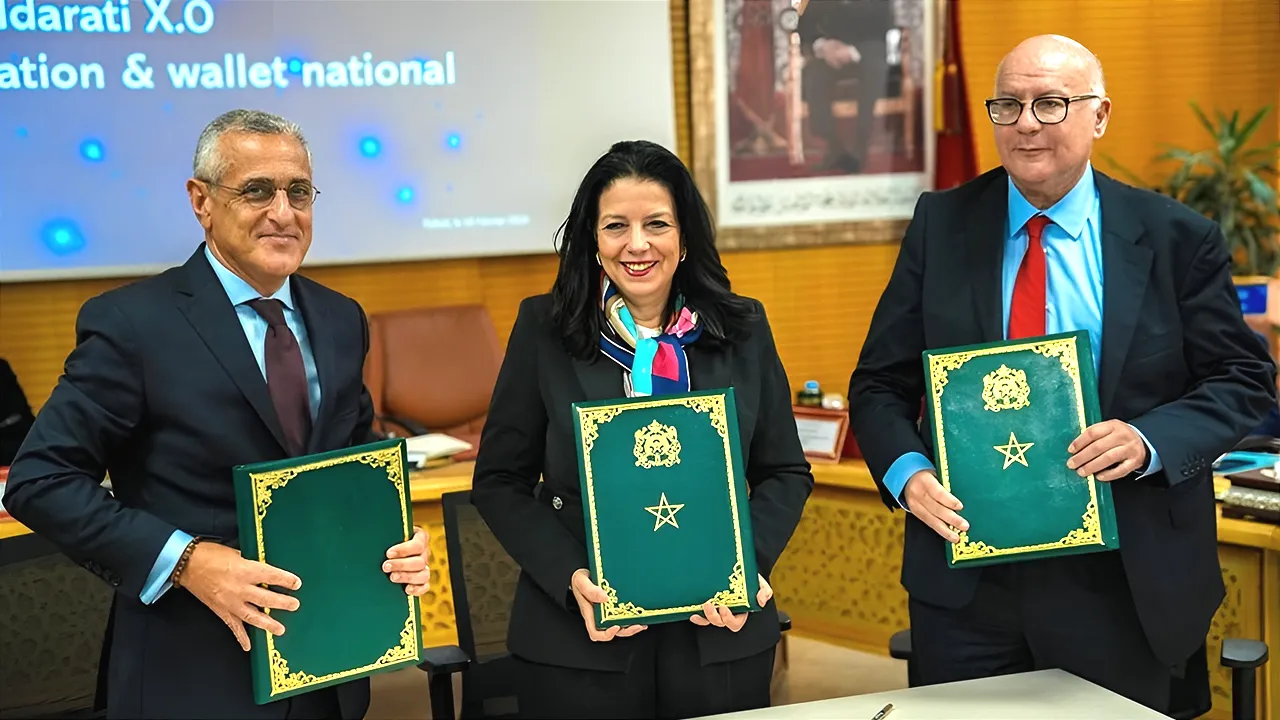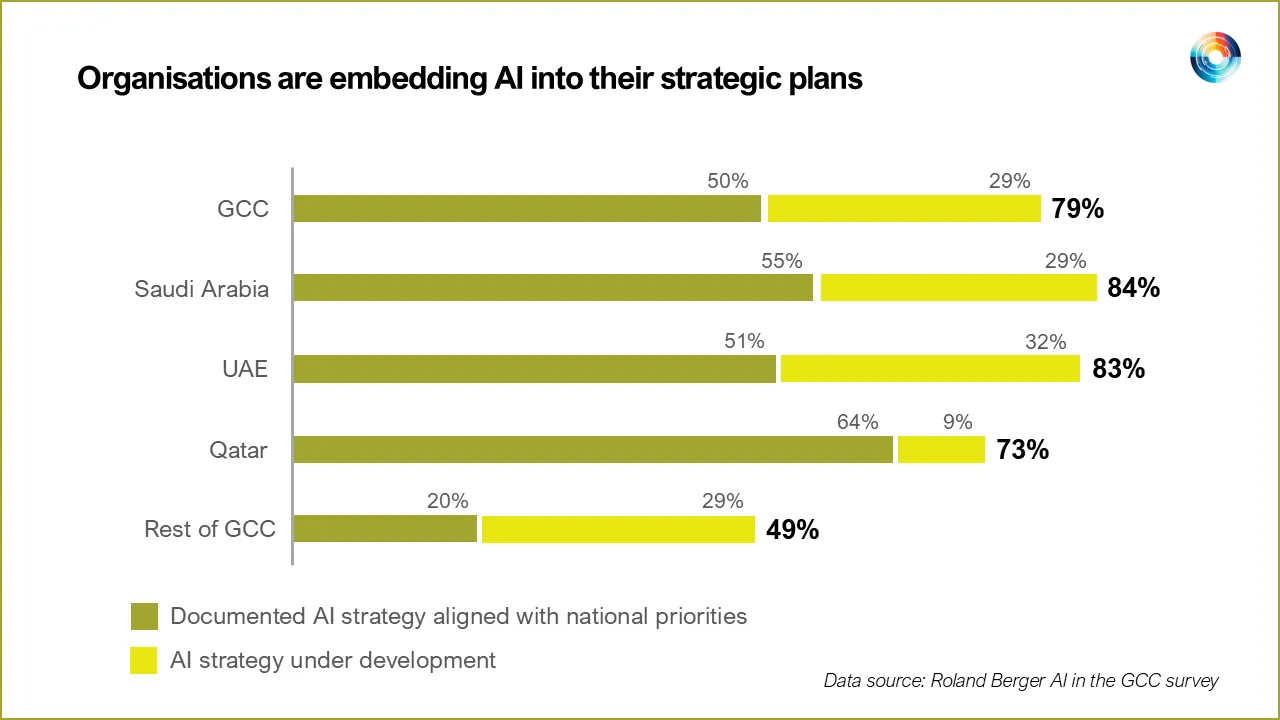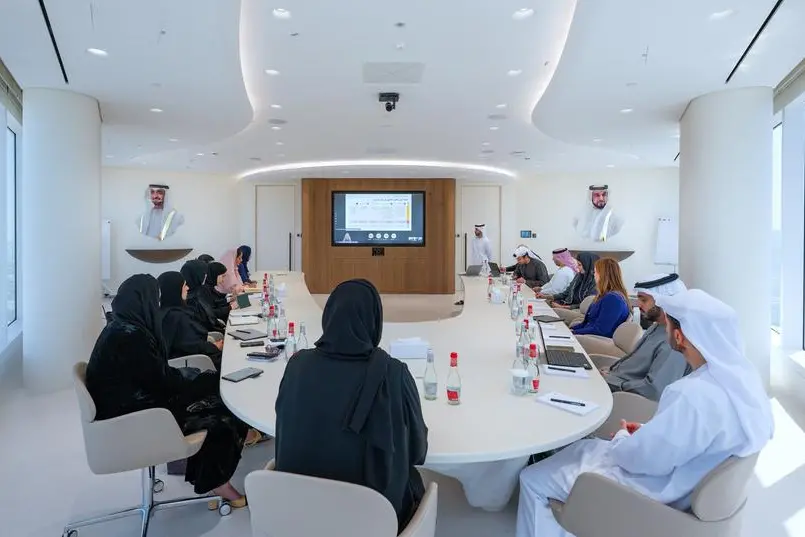The Iraqi government is making a significant investment in its technological future with the announcement of three new specialized colleges dedicated to artificial intelligence and cybersecurity. This strategic initiative, led by the Ministry of Higher Education and Scientific Research, aims to build a robust talent pipeline to fuel the nation’s growing digital economy and meet the demands of the modern labor market.
A Strategic Push for National Development
This initiative is a direct response to a directive from the Prime Minister’s office to align higher education with the evolving demands of the global labor market. By establishing these centers of excellence at the prestigious University of Baghdad, University of Technology, and Al-Nahrain University, Iraq is taking a crucial step towards enhancing its national security infrastructure and driving its comprehensive digital transformation strategy forward.
Building a Future-Ready Workforce
The primary goal of these new colleges is to produce highly skilled graduates in AI and cybersecurity, two of the most critical fields in the modern economy. This new generation of tech professionals will be vital for both the public and private sectors, providing the specialized human resources needed to innovate, secure digital assets, and compete on a regional stage. The focus on practical, in-demand skills signals a clear shift in the country’s educational priorities.
Broader Implications for Iraq’s Tech Ecosystem
For founders and investors in Iraq and the wider MENA region, this development is a powerful signal of government commitment to fostering a tech-enabled economy. A larger pool of homegrown AI and cybersecurity talent can lower recruitment barriers for startups, attract foreign investment, and stimulate the growth of local technology solutions. This move could position Iraq as an emerging hub for deep-tech innovation and talent development.
Looking Ahead
The Ministry has been tasked with expediting the establishment of these colleges, indicating a sense of urgency and political will. The next steps will involve developing a modern curriculum, recruiting specialized faculty, and equipping the facilities with state-of-the-art technology. As these institutions become operational, they will not only serve Iraq’s national interests but also contribute to the broader MENA region’s capacity to lead in the global AI and digital revolution.
Source: Iraq Business News














